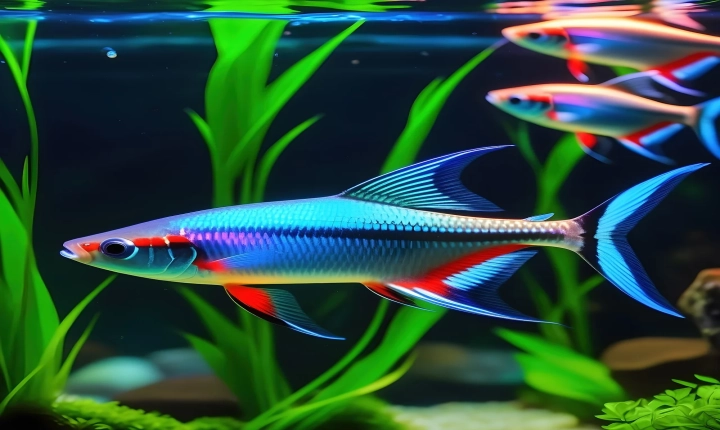Title: Can ChatGPT be Caught for Plagiarism?
Plagiarism is a serious ethical concern in the world of writing and content creation. As artificial intelligence becomes more advanced, there is growing concern about the potential for AI language models like ChatGPT to be used to create plagiarized content. ChatGPT, developed by OpenAI, is a prominent example of a language model that has raised questions about its potential to produce plagiarized material. In this article, we will explore the possibility of catching ChatGPT for plagiarism and the ethical considerations surrounding this issue.
First, it is important to understand how ChatGPT works. ChatGPT is a large language model trained on vast amounts of text data from the internet. It has the ability to generate human-like text based on the input it receives. While this technology has many potential applications, including aiding in writing, translation, and conversational interfaces, it also raises concerns about the misuse of the generated content.
One of the primary challenges in detecting plagiarism created by ChatGPT is that the model is capable of producing highly sophisticated and contextually relevant text. This means that the content it generates may not be easily identifiable as plagiarized, especially if the input provided to the model is sufficiently unique. Traditional plagiarism detection methods, such as comparing text to existing databases or using algorithms to identify copied content, may struggle to effectively detect content created by ChatGPT.
However, there are efforts underway to develop new tools and techniques to identify AI-generated plagiarism. Researchers and technology companies are working on developing AI-powered plagiarism detection systems that can effectively recognize content generated by AI language models. These systems may leverage advanced natural language processing and machine learning algorithms to identify patterns and anomalies indicative of AI-generated plagiarism.
From an ethical standpoint, the issue of holding ChatGPT accountable for plagiarism raises complex questions. While the responsibility for ethical content creation ultimately lies with the users of the technology, there is a growing sentiment that developers and providers of AI language models like ChatGPT should take steps to mitigate the potential for misuse. This includes implementing safeguards and transparency measures to discourage the use of AI for unethical purposes.
OpenAI, the organization behind ChatGPT, has taken steps to promote responsible and ethical use of its technology. This includes providing guidelines and best practices for the responsible use of AI language models, as well as advocating for transparency in AI-generated content. However, the ever-evolving nature of AI technology means that ongoing vigilance and collaboration between AI developers, researchers, and content creators are essential in addressing the challenges posed by AI-generated plagiarism.
In conclusion, the question of whether ChatGPT can be caught for plagiarism is an important and evolving issue. While detecting AI-generated plagiarism presents unique challenges, efforts are underway to develop new tools and methods to address this problem. Furthermore, ethical considerations surrounding the responsibility of AI developers and users to ensure the ethical use of this technology are crucial. As AI continues to advance, it is essential to promote responsible and ethical practices in the creation and use of AI-generated content.
